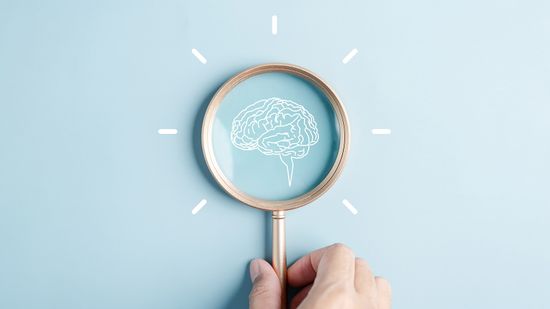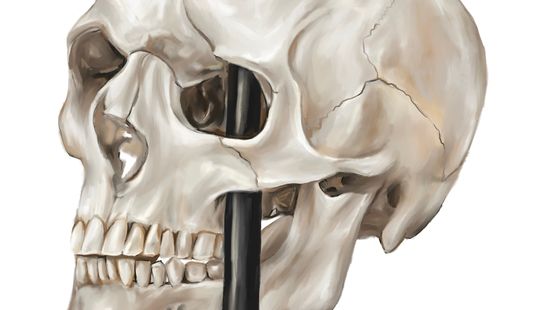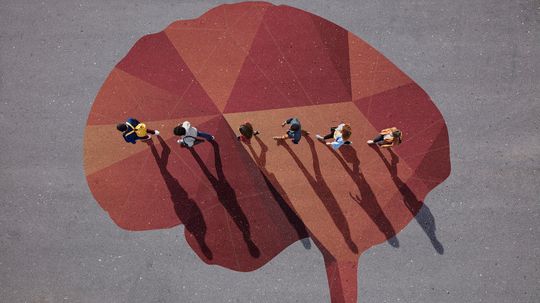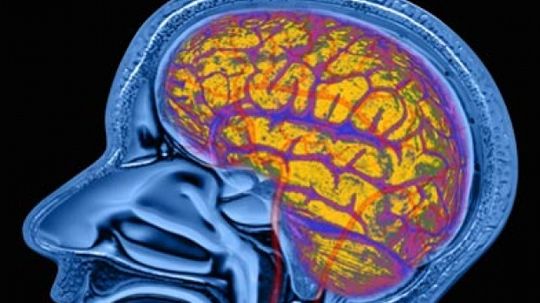Inside the Mind
What are dreams really made of? Are humans the smartest animal? What causes schizophrenia? Travel inside the mind and find out how the human brain works.

Is He Faithful? How to Identify Signs of Cheating in a Relationship

Why the Little Albert Experiment Could Never Happen Today

Milgram Shock Experiment: A Vital Lesson in Social Psychology

9 Types of Intelligence: The Many Ways to Expand Your Mind

Phineas Gage and the Birth of Modern Neuroscience

Call of the Void: A Counterintuitive Form of Self-preservation
Learn More / Page 2
The human brain has a great capacity to adapt, rewire and grow. How can you help your noggin reach its ultimate potential?
The human brain can do some amazing things -- and humans can do amazing things because of it. Here are 10 of the most wondrous and unusual feats ever performed by a person's brain.
By Josh Clark
Scientists know that the brain's reward center teaches humans that certain behaviors lead to pleasure, but what about those that lead to pain? A clue lies in the fact that pain isn't just a physical sensation, but an emotional and psychological one as well.
By Josh Clark
Advertisement
We hear news of violent acts of all sorts committed by humans every day. But how do we become violent? Is it something we learn, or are people violent at birth? And is there anything that can stop it?
Humans can express emotion in a variety of ways, from the written word to spoken communication. But what is it about music and art in particular that has the power to move us?
By Josh Clark
Why do we get mad when we get hit, or get sad when we're disappointed? Are the emotions we feel physical responses to our environments or manifestations of physical changes? There's a lot less debate on the subject than you'd think.
By Josh Clark
The human brain is a mysterious little ball of gray matter, and so is that recurring dream that you're an elf. Have scientists determined why we have dreams?
Advertisement
Computers can make calculations faster than the human brain. But thinking and calculating are two different things. Can computers be programmed to think for themselves better and faster than we can?
Studies show that women are more sensitive to pain than men, despite their bodies' ability to withstand the agony of childbirth. Does social conditioning help men keep a stiff upper lip when they're hurt? Or do emotions and estrogen factor into this painful equation?
Touch can be a very powerful thing that can dredge up all kinds of intense feelings. The lightest touch in the right place can induce laughter in the most taciturn people. Why?
By Josh Clark
Think musicals are cheesy? You're not alone. But even the most cynical among us can't deny that hearing a favorite song can completely change our mood.
Advertisement
Money can buy important stuff like food and shelter, which brings a smile to anyone's face. But after you cross a certain financial threshold, how much happier can a new Jaguar and a Versace bag really make you?
People love chocolate. They eat it to drown their sorrows and to celebrate love -- some might say it's even better than sex. Chocolate clearly helps people feel good, but can it actually get you high?
By Josh Clark
Whether you belt out a tune in the shower, at a karaoke bar or in a choir, singing has some real, tangible health benefits. But can it also make you happy?
By Julia Layton
Would you be happier if you had the perfect body? A better job? A bigger paycheck? Being happy with yourself is less about the pursuit of happiness and more about finding it within you.
Advertisement
Predicting the future is a tricky business. We've long been promised flying cars and robot maids, only to be disappointed year after year. What might the crystal ball have in store for us in 2050?
Of course they can. They do it every day when they wag and meow their undying love for you. Why are pets such a solid prescription for smiles?
Whether it's "Happy," "Baby Shark," or "Call Me Maybe," some tunes just live rent-free in your brain. But why do songs get stuck in your head?
We talk about morals in relation to raising children, voting for political candidates and criticizing people who don't see eye-to-eye with us. But is morality even a choice? Or is it all in your head?
Advertisement
There are people who are smart, and there are people who are people-smart. The guy you want in your think tank isn't necessarily the same person you want at your birthday party. But can emotional intelligence say more about your brain than IQ can?
Do gender differences go beyond our reproductive organs? Popular culture would have you believe that men are from Mars, while women call Venus their planet of birth. Is it possible to finish the argument of nature versus nurture?
Compare neuroscientists with crackerjack detectives like Nancy Drew and Hercule Poirot, and the brain docs might come up short. After all, they have yet to crack the case on five big brain mysteries.
Laugh and the world laughs with you, the saying goes. In our image gallery, experience the range of human emotions from around the world.
Advertisement
You only use 10 percent of that big, wrinkled mass of smarts -- unless you listen to Mozart. At least, that's what we've heard about the brain. But how many common brain beliefs are just plain wrong?
Parents just don't understand. Scientists didn't understand either, until they got a good look inside the teenage brain -- and what they saw turned what we thought we knew on its head.
























